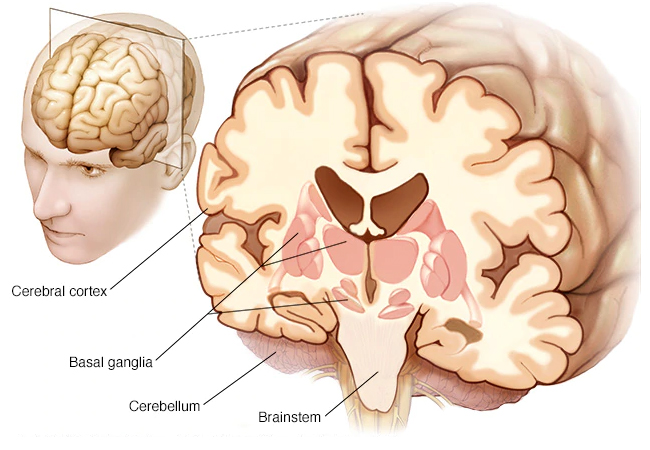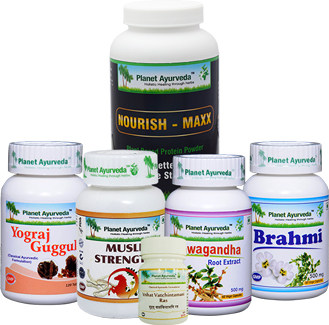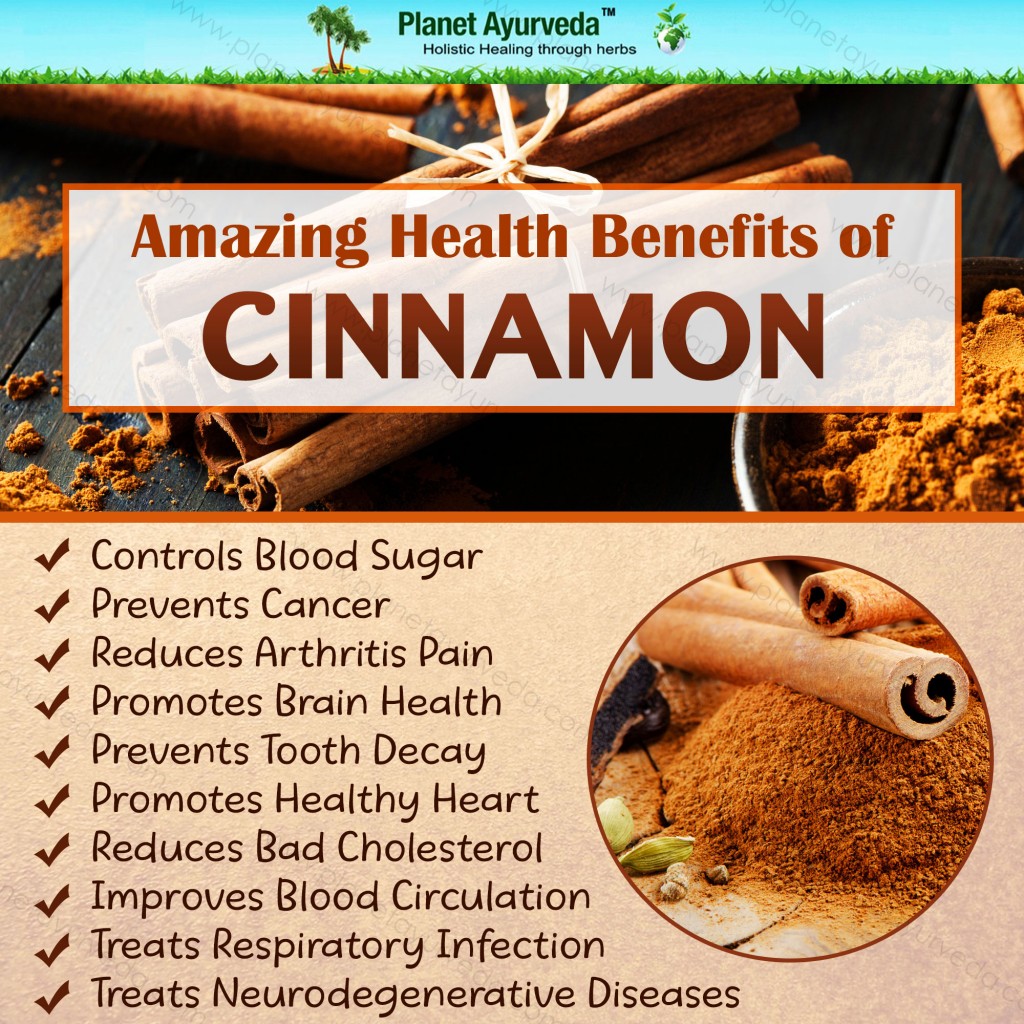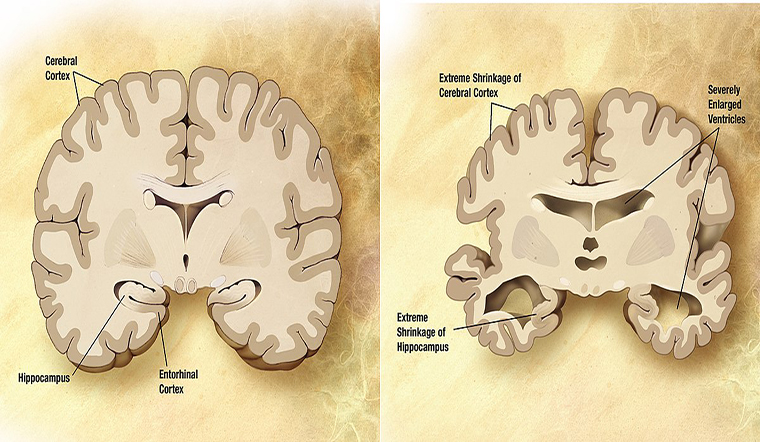Alternative Treatment of Progressive Supranuclear palsy
ABSTRACT
Progressive Supranuclear palsy is a rare neurological disorder that is degenerative in nature and causes gradual loss of balance and impaired walking. Eyes movement, muscle tone, and speech are also affected. Difficulty in eating and swallowing is frequently present in cases of Progressive supranuclear palsy or PSP. People affected with PSP usually have damaged cognitive and personality traits. Sign and symptoms are usually seen after 60 years of age, however, in some cases, the manifestation can be earlier as well. However, in this article, we will be going to learn all about PSP, its causes, signs and symptoms, diagnosis, and herbal management by Planet Ayurveda.
INTRODUCTION
Progressive Supranuclear palsy is an uncommon neurodegenerative disease that affects the elderly people usually and causes troubles in balancing, vision, movement, speaking, and swallowing. The progressive degeneration of the brain cells leads to PSP. Usually, the people above the age of 60 are affected. PSP is many times confused with similar conditions like Alzheimer’s Disease, Parkinson’s disease, corticobasal degeneration, and some other similar conditions. The other name of the PSP is Steele-Richardson-Olszewski syndrome. With all the passing times this neurodegenerative disease tends to become worse and even can cause life-threatening conditions like difficulty in swallowing and pneumonia. No cure is yet been found for this condition and treatment completely depends upon the management of the disease and preventing the complications.

CAUSES of Progressive Supranuclear palsy
An abnormal building up of a protein called Tau leads to damage and degeneration of the cells of the brain leading to impairment of the functions, that particular is responsible for. Tau is a normal protein that is formed in the brain but is broken down and does not reach the higher points in the brain but in PSP this protein does not get properly broken down and hence starts to accumulate on brain cells and damage them eventually. This protein may accumulate in various places and also its amount may vary, hence the signs and symptoms may also vary in the different patients. Genetic changes can also result in this disease but having been passed these genes from a family is a very rare condition and hence the family history is found very rarely. However, the exact cause behind this protein being accumulated and not being broken down properly is still not known.
SIGNS AND SYMPTOMS
In the initial stages, the signs and symptoms are similar to various other neurodegenerative diseases which lead to misdiagnosis or late diagnosis of PSP. The symptoms get worse with passing time and include:
- Difficulty in balancing, walking, and the patient might fall frequently
- Muscle tone is lost and stiffness is seen in muscles
- Certain changes in the behavior are seen like increased irritability and indifference to the things one used to enjoy earlier
- Difficulty in eye movement. The patient cannot focus on certain object and inability to control looking up and down movements
- Slurred and slow speech
- Swallowing becomes difficult
- Memory troubles and slowness of the thoughts
- Disturbed sleep and anxiety
DIAGNOSIS
No single test can be used to diagnose Progressive supranuclear palsy and proper clinical history, family history and certain diagnostic tests are used to confirm the diagnosis. Initially, certain other neurodegenerative diseases are to be ruled out. Progressive worsening of the symptoms usually makes a doctor suspect PSP and hence further steps are taken accordingly. Tests are done to analyze the memory, concentration, and other cognitive functions. Further, a brain scan is used to confirm a diagnosis. A neurologist will be best to confirm a PSP before starting any kind of treatment.
Treatment of Progressive Supranuclear palsy
PSP is a neurodegenerative disease and there is no cure found for this disease yet. The Treatment of Progressive Supranuclear palsyis based on managing the complaints and preventing complications. Different medications are given to control the symptoms like difficulty in balancing, walking, speech, and swallowing. Physiotherapy is also used for helping with balancing and walking issues. Feeding tubes are used to manage dysphagia.
However, in this chronic and complex disease, Ayurveda can prove to be a light on the other side of the tunnel as with the help of herbal medicines patients can manage the signs and symptoms, prevent complications and get a better quality of life. All these can be attained without causing any damage to the other body parts as the modes of treatment are from nature itself which is heals without any further damage to the body.
HERBAL REMEDIES BY PLANET AYURVEDA
Planet Ayurveda is a big name now in the herbal pharmaceuticals from which patients worldwide are being benefitted. Here all the medicines and supplements produced are purely herbal, natural and vegetarian. No type of chemicals, additives, preservatives, dye, fillers or colors are added in them which increases their efficacy and safety.
For PSP also Planet Ayurveda offers a combination of herbal medicines that can help in managing the disease naturally and improving the life quality of the patient.
- Vrihat Vatchintamani Ras
- Musli Strength
- Yograj Guggul
- Ashwagandha Capsule
- Brahmi Capsule
- Nourish Maxx

PRODUCT DESCRIPTION
1. Vrihat Vatchintamani Ras
Vrihat vat chintamani ras are the Ayurvedic tablets used to pacify the Vata dosha as the name suggests and treat the condition arising from its vitiation like paralysis, hemiplegia, tremors, facial palsy, insomnia, etc. It is a wonderful remedy to treat neuropathies, anxiety, depression, dementia, neuritis and hence can be the best medicine to manage the PSP. It is composed of Parada (Purified and processed mercury), Abhraka bhasma (Calx of mica), Gandhaka (Purified and processed sulphur), Loha bhasma (Calx of iron), Mukta bhasma (Calx of pearl), Swarna bhasma (Calx of gold), Rajata bhasma (Calx of silver), etc
Dosage– Take 1 tablet twice daily after meals with plain water
2. Musli Strength
Musli strength capsules are the combination of a standardized extract of Safed musli (Chlorophytum borivilianum) and Gokshura (Tribulus Terrestris). These herbal capsules help in maintaining healthy blood circulation, enhances stamina, strength, removes weakness, and improve the overall health of a person. Hence these capsules can help in providing good strength and stamina to a PSP patient and improve overall health.
Dosage– Take 1 capsule twice daily after meals with plain water
3. Yograj Guggul
Several amazing herbs like Shuddh guggulu (Commiphora mukul), Chitraka (Plumbago zeylanica), Devdaru (Cedrus deodara), Pippali, (Piper longum), etc are used to make these amazing herbal tablets. Yograj guggul tablets in PSP help in treating stiffness of muscles and joints, clear accumulated toxins from the body, relieves inflammation and pain of joints especially.
Dosage– Take 2 tablets twice daily after meals with plain water
4. Ashwagandha Capsule
Withania somnifera in a standardized form is used in the composition of these capsules. These capsules can help PSP patient a lot by removing muscle weakness and fatigue, relieving tiredness and joint pains, help in getting sound sleep, and provide good muscle stamina and power.
Dosage– Take 1 capsule twice daily after meals with plain water
4. Brahmi Capsule
Brahmi capsules are prepared from standardaized extract of Bacopa monnieri which is well known as a brain tonic. Brahmi capsule is one of the main remedies for PSP as it prevents age-related brain degeneration and treats symptoms related to it. It promotes brain health and helps in treating the degeneration of the neurons naturally.
Dosage– Take 1 capsule twice daily after meals with plain water
6. Nourish Maxx
Shatavari (Asparagus racemosus), Safed musli (Chlorophytum borivilianum), Ashwgandha (Withania somnifera) and Gokshura (Tribulus terrestris) are the herbs whose standardized extract are used to prepare this amazing herbal supplement. As the name suggests this herbal powder helps PSP patients by nourishing both brain and body. It helps in treating the muscle weakness and stiffness, inability to walk properly and enhances brain function.
Dosage– Take 1 teaspoon twice daily after meals with plain water
CONCLUSION
PSP is a chronic degenerative disease that affects the overall health of a person very badly and can be even deadly if not treated timely. However herbal medicines by Planet Ayurveda can help in giving PSP patients a healthy and better life by managing the complaints and preventing complications.







